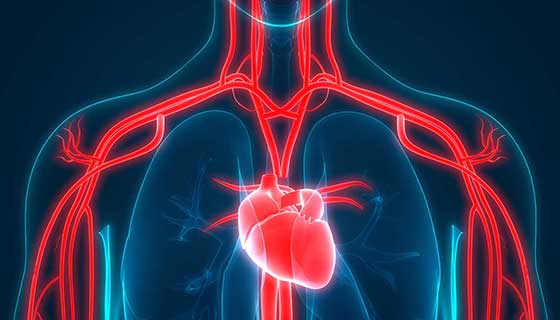Your heart is the hardest working muscle in your body, beating more than 100,000 times a day to pump blood and oxygen throughout your system. While medications and medical interventions play an important role in managing heart disease, many people overlook the powerful impact of natural lifestyle choices in maintaining cardiovascular health.
By adopting the right habits, you can lower blood pressure, reduce cholesterol, prevent artery blockages, and keep your heart strong for years to come—naturally.
Relying only on medication without addressing lifestyle factors may manage symptoms but doesn’t eliminate the root causes of cardiovascular problems. Natural strategies focus on:
- Improving circulation
- Reducing inflammation
- Maintaining healthy cholesterol and blood sugar levels
- Enhancing heart muscle strength
- Preventing long-term complications
- Focus on whole foods like fruits, vegetables, whole grains, legumes, nuts, and seeds.
- Include fatty fish (salmon, mackerel, tuna) twice a week for omega-3 fatty acids.
- Replace unhealthy fats with olive oil and avocado.
- Limit processed foods, sugar, and excess salt.
Regular exercise improves circulation, strengthens the heart muscle, and lowers cholesterol.
- Aim for 150 minutes of moderate exercise weekly (walking, cycling, swimming).
- Add strength training 2–3 times per week.
- Even simple activities like gardening, dancing, or yoga support heart health.
Chronic stress raises cortisol levels and blood pressure. Natural stress relievers include:
- Meditation and mindfulness
- Deep breathing exercises
- Spending time in nature
- Hobbies that bring joy
Poor sleep is linked to high blood pressure, obesity, and heart disease.
- Adults should get 7–9 hours per night.
- Maintain a consistent bedtime.
- Avoid screens and caffeine before bed.
Excess weight puts strain on the heart and increases the risk of hypertension and diabetes. Natural weight management includes:
- Portion control
- Eating fiber-rich foods
- Staying active daily
- Smoking damages arteries and raises the risk of heart attack. Quitting immediately improves circulation.
- Limit alcohol intake to moderate levels (1 drink per day for women, 2 for men).
Water helps regulate blood circulation, maintain blood pressure, and support overall heart function.
- Garlic – May help lower cholesterol and blood pressure.
- Turmeric – Contains anti-inflammatory properties.
- Coenzyme Q10 (CoQ10) – Supports heart muscle energy production.
- Omega-3 supplements – Beneficial if you don’t eat fish regularly.
- Reduce salt intake.
- Eat potassium-rich foods like bananas and sweet potatoes.
- Increase soluble fiber from oats, beans, and flaxseeds to lower LDL cholesterol.
| Time of Day | Heart-Healthy Habit |
|---|---|
| Morning | 10-minute meditation + oatmeal with berries |
| Midday | 30-minute walk + balanced lunch (salad, fish, whole grains) |
| Afternoon | Hydration check + stress-relief breathing |
| Evening | Light dinner + family walk |
| Night | Digital detox + 7–9 hours of quality sleep |
Strengthening your heart naturally doesn’t require drastic changes—it’s about consistent, healthy habits. Eating a balanced diet, exercising regularly, managing stress, and avoiding harmful habits like smoking can dramatically lower your risk of heart disease.
Remember: small, natural changes today can protect your heart for a lifetime.
1. Can diet alone improve heart health?
Yes, a balanced diet reduces cholesterol and blood pressure, but pairing it with exercise and stress management offers the best results.
2. How much exercise is ideal for heart health?
At least 150 minutes of moderate-intensity activity weekly.
3. Are natural supplements safe for the heart?
Some, like omega-3s and garlic, are helpful but should be taken under medical guidance.
4. Can stress directly affect the heart?
Yes, chronic stress increases blood pressure and inflammation, straining the heart.
5. Is coffee good or bad for heart health?
Moderate coffee (1–2 cups daily) can be beneficial, but excess caffeine may raise blood pressure.
6. How soon after quitting smoking does heart health improve?
Circulation improves within weeks, and heart attack risk drops significantly within a year.
7. Does drinking water lower blood pressure?
Staying hydrated supports healthy blood pressure regulation.
8. Can yoga improve cardiovascular health?
Yes, yoga reduces stress, improves flexibility, and supports healthy blood pressure.
9. Is dark chocolate good for the heart?
In moderation, dark chocolate (70% cocoa or higher) may lower blood pressure due to antioxidants.
10. How often should I check my heart health?
Adults should monitor blood pressure and cholesterol at least once a year, or more frequently if at risk.
